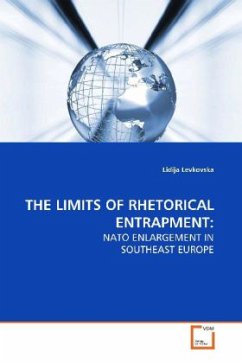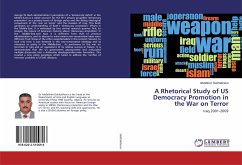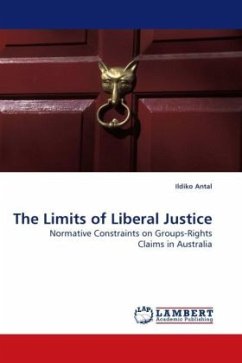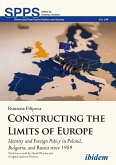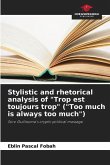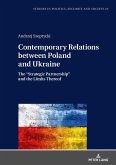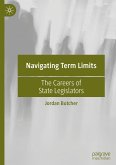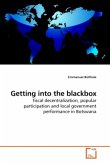NATO enlargement has been recognized as the most
successful policy of the Alliance since
the end of the Cold War. The following work employs
the rhetorical action conceptual lens, which
explains the enlargement puzzle for the first and the
second round of NATO expansion. However, the third
round of enlargement questions the relevance of the rhetorical action and places this theoretical
framework in the same group of theories that fail to
explain the enlargement policy of the Alliance.
This thesis will first examine how the argumentative
strategies employed by the proponents to enlarge to
candidate countries at the 1997 Madrid Summit and the
2002 Prague Summit succeeded in persuading opponents
of enlargement to uphold to their commitments.
Secondly, this thesis shows how rhetorical action
failed to influence the enlargement decisions taken
at the Bucharest Summit in 2008. The third round of
enlargement and the outcome brings the debate back to
rationalist conceptual lens where the rational
preferences dominate accession decisions of the
Alliance. In conclusion, this thesis argues
that the rational calculations are in the center of
NATO s enlargement decision making policy.
successful policy of the Alliance since
the end of the Cold War. The following work employs
the rhetorical action conceptual lens, which
explains the enlargement puzzle for the first and the
second round of NATO expansion. However, the third
round of enlargement questions the relevance of the rhetorical action and places this theoretical
framework in the same group of theories that fail to
explain the enlargement policy of the Alliance.
This thesis will first examine how the argumentative
strategies employed by the proponents to enlarge to
candidate countries at the 1997 Madrid Summit and the
2002 Prague Summit succeeded in persuading opponents
of enlargement to uphold to their commitments.
Secondly, this thesis shows how rhetorical action
failed to influence the enlargement decisions taken
at the Bucharest Summit in 2008. The third round of
enlargement and the outcome brings the debate back to
rationalist conceptual lens where the rational
preferences dominate accession decisions of the
Alliance. In conclusion, this thesis argues
that the rational calculations are in the center of
NATO s enlargement decision making policy.

